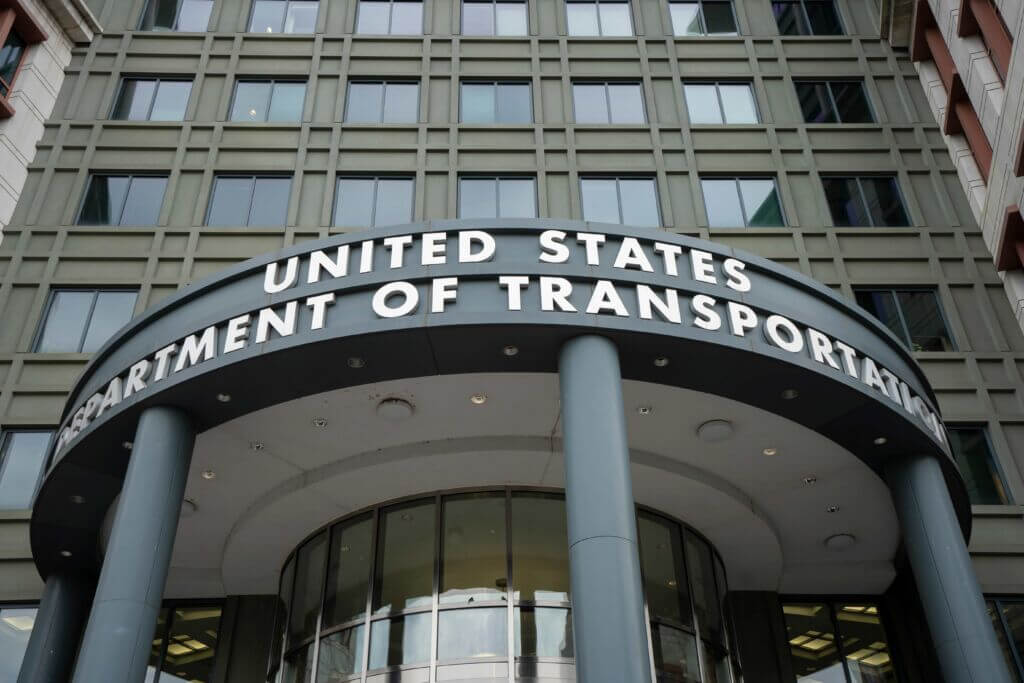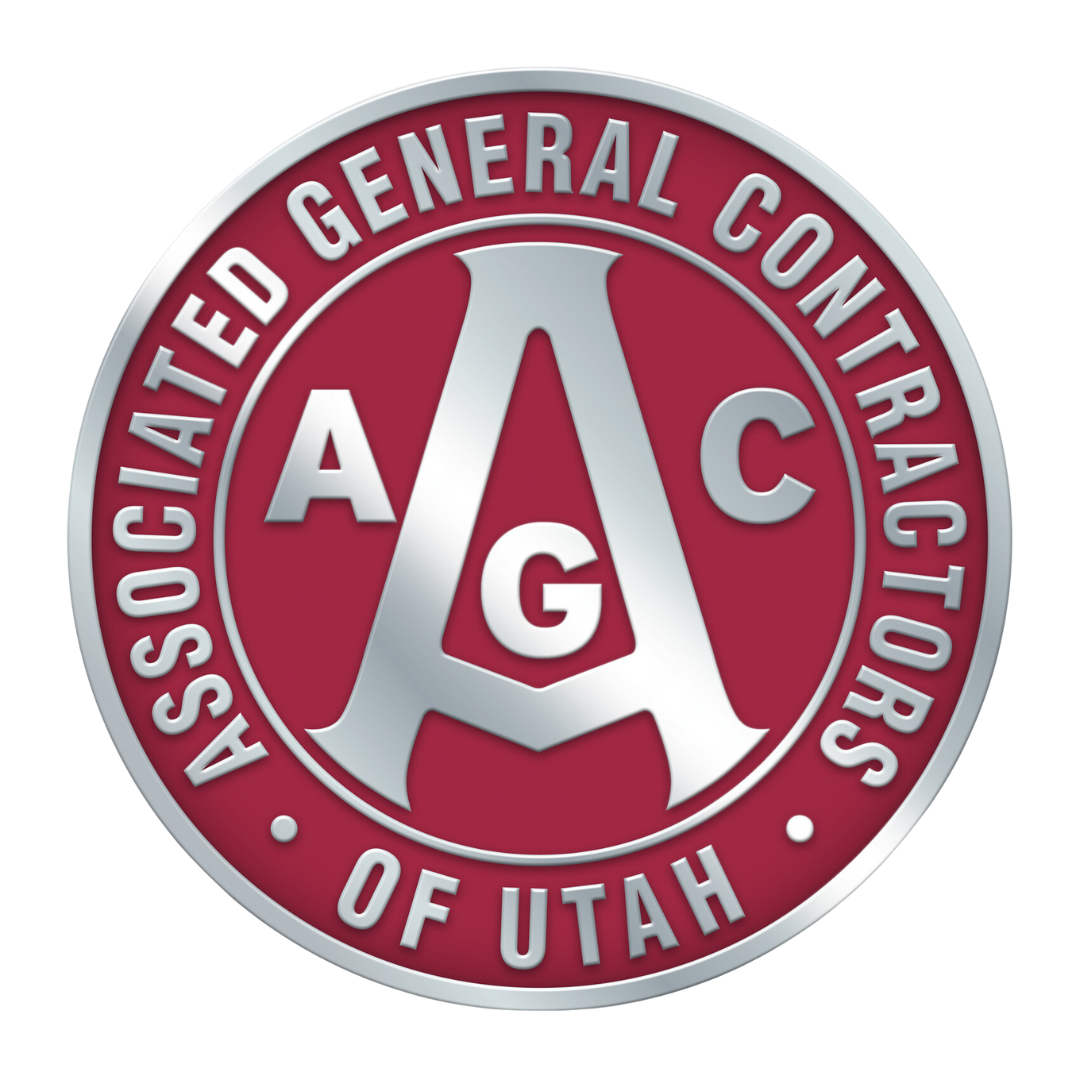AGC of Utah Engages on Key Construction Issues During June Legislative Interim Session

By AGC of Utah
On April 24, 2025, the U.S. Department of Transportation issued a significant letter to all federal funding recipients that has drawn attention from state agencies, contractors, and industry leaders alike. The letter, signed by Secretary of Transportation Sean Duffy, outlines a new compliance posture focused on two areas: immigration enforcement and diversity, equity, and inclusion (DEI) programs. The message was clear—failure to align with federal mandates could jeopardize access to transportation-related funding.
Specifically, the Department has indicated that it will evaluate whether states and funding recipients are cooperating with federal immigration authorities and whether their personnel policies strictly adhere to merit-based practices. The DOT's stance suggests that DEI policies, particularly those that incorporate race, gender, or other non-merit-based considerations into hiring or contracting decisions, may now be considered incompatible with federal funding requirements. Additionally, recipients must not engage in practices that impede immigration enforcement, such as issuing driver’s licenses to undocumented immigrants or refusing to coordinate with ICE investigations.
At AGC of Utah, we understand that these shifting federal policies can create uncertainty for contractors, developers, and public partners. That’s why we believe it's important to take a step back and look at where Utah stands—and what this means moving forward.

The good news is that Utah has taken a careful and compliant approach in recent years that positions our state favorably under these new federal directives. The Utah Department of Transportation (UDOT), for example, already adheres to federal civil rights obligations through its Title VI, on-the-job training, and disadvantaged business enterprise programs. These initiatives are focused on fairness and legal compliance, not on preferences or quotas, which gives Utah a strong footing as Washington sharpens its scrutiny.
Moreover, Utah's approach to immigration has generally aligned with federal standards. Unlike some jurisdictions now at risk of funding loss, Utah does not extend driver's licenses to undocumented immigrants, nor does it maintain so-called “sanctuary” policies that could trigger federal enforcement concerns.
For members of the construction industry, especially those working on federally funded projects, this federal shift underscores the need to remain attentive and prepared. Internally, companies should review hiring practices, employee training programs, and any DEI language or initiatives to ensure compliance with merit-based criteria. While private companies are not directly bound by the same rules as state agencies, those contracting with public entities should anticipate greater emphasis on strict compliance language in contracts and bid documents.
AGC of Utah is actively monitoring this issue and advocating for clarity and fairness on behalf of our members. Our goal is to ensure that Utah contractors are not unfairly penalized for confusion surrounding federal guidance or political pressure. We are also working to provide resources, policy analysis, and training opportunities to help members adapt their internal practices where needed—without compromising the values that make their businesses strong.
As always, we remain committed to protecting the rights and interests of Utah’s construction industry. If you have questions about how these changes may affect your operations or public project partnerships, please reach out to our Government Affairs team. We’ll continue to keep you updated as more guidance becomes available.
